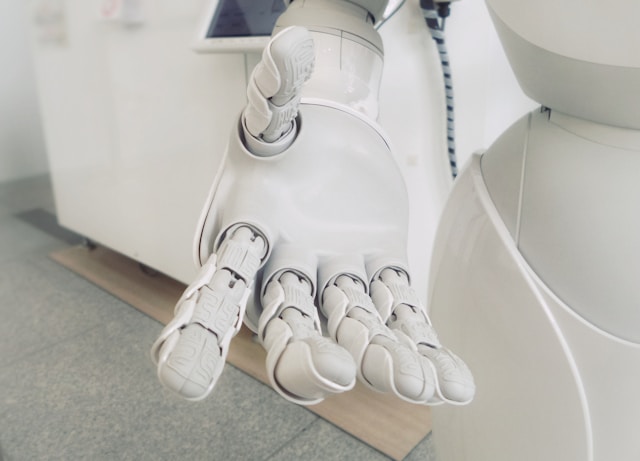Services
Custom Software Development
Web Development
Testing and QA
UI/UX Design
Business Intelligence
Artificial Intelligence Services
IT Consulting
Data Science
Machine Learning
Big Data
Internet of Things (IoT)
DevOps Consulting Services
industries
Tech Stack
octopus
blog
company
GITEX 2024
